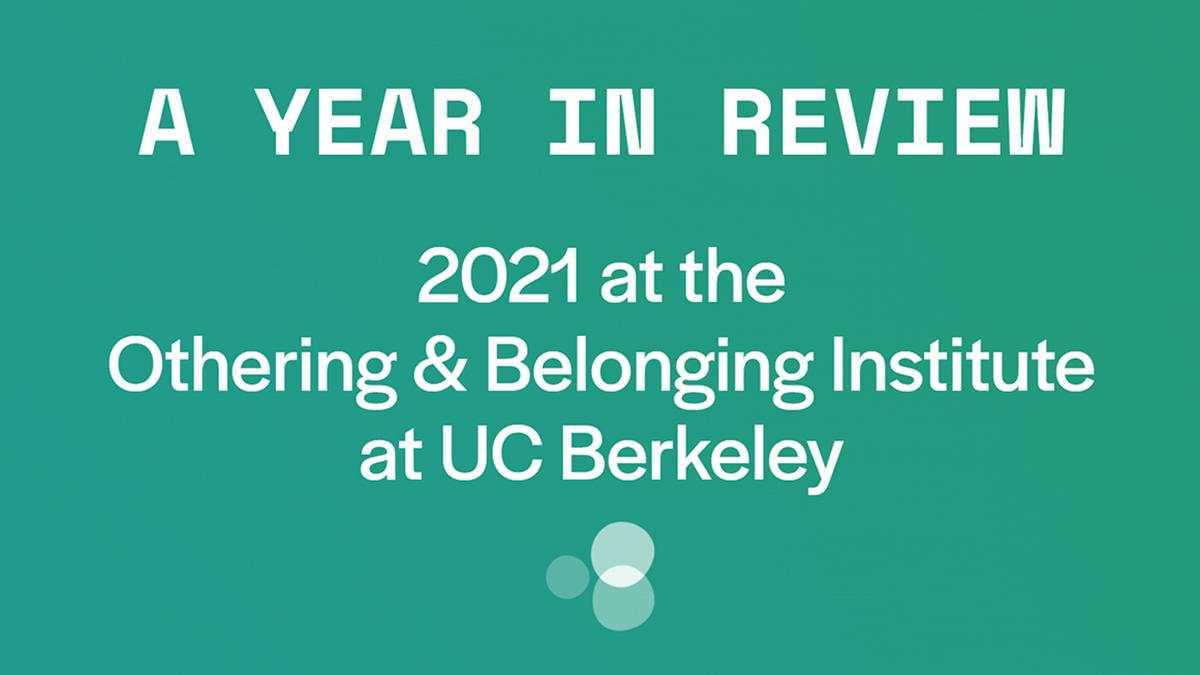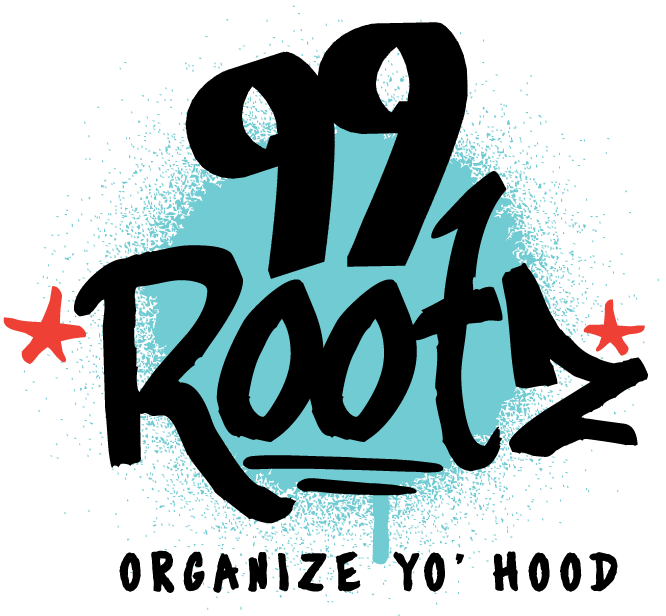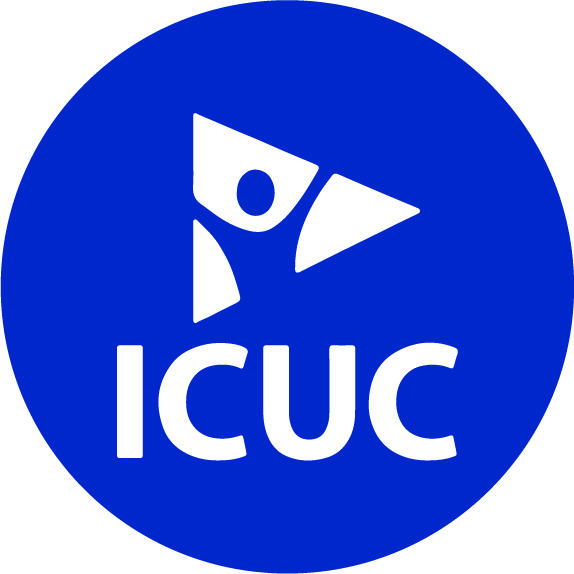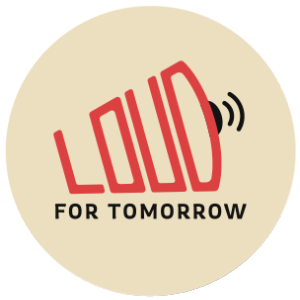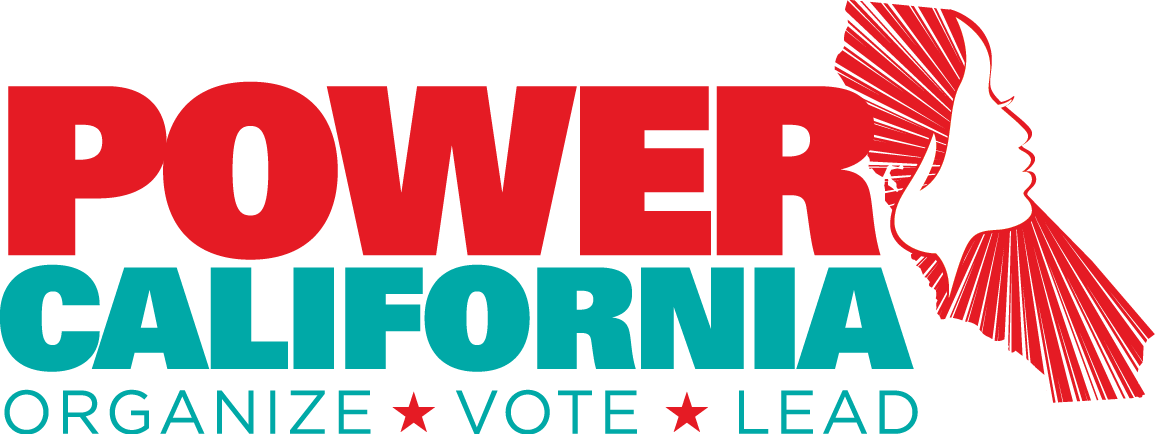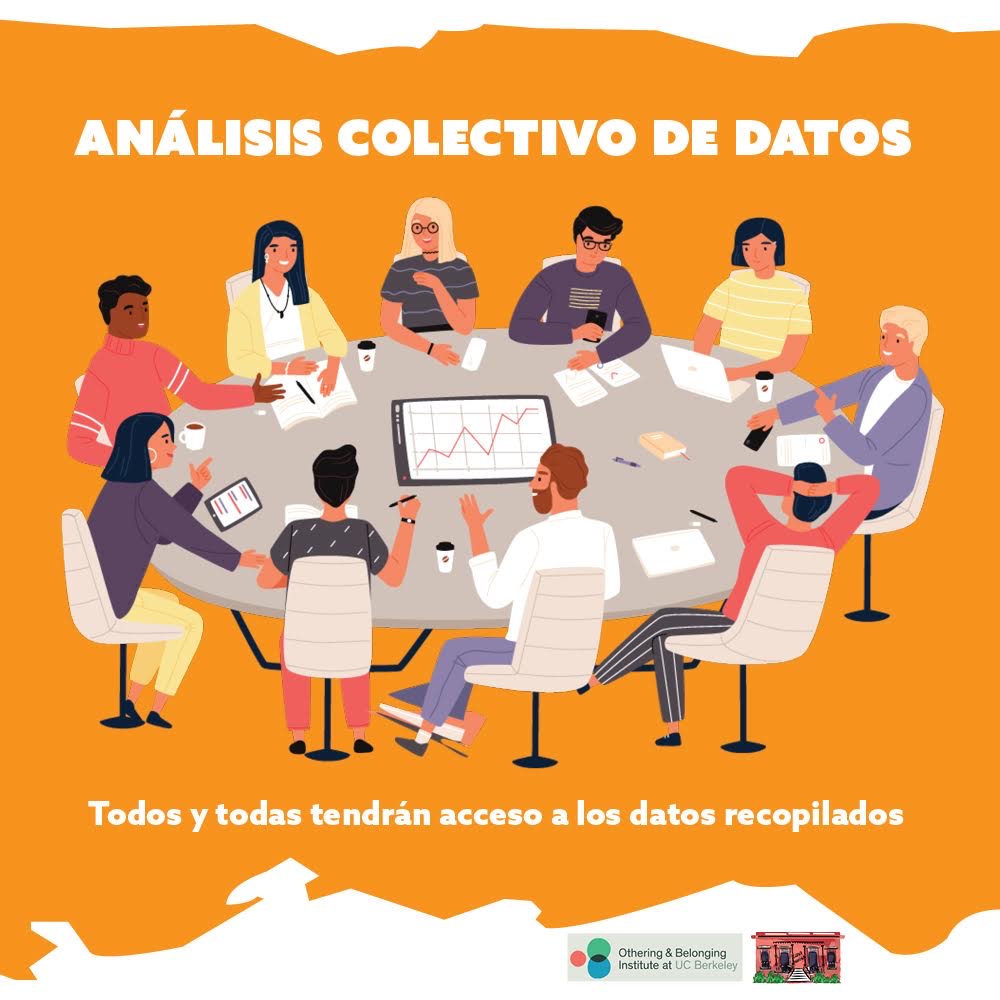New Initiatives
The research we produce is central to our work at OBI, but so is its practical application. We challenge ourselves to engage our communities and craft new initiatives which, in turn, helps to develop novel ideas and sharpen our theories — all in service of creating a world built on belonging.
Here are some of the ways OBI has bridged beyond the university and into the communities we support.
Transportation Justice
A major new project led by our Community Power and Policy Partnerships program (C3P) will focus on transforming public transportation systems in ways that advance social equity, climate justice, and participatory planning. For its first major project, the California Air Resources Board (CARB) contracted the CP3 Transportation Justice team to enhance its capacity to make transportation investment decisions that respond to the problems faced by under-served and overburdened communities in California. Towards this end, CP3 is collaborating with eight grantees across California who are participating in CARB’s Sustainable Transportation Equity Project, providing assistance and resources to support the centering of the knowledge and expertise of residents in community-based transportation planning. What that looks like is different in each community based on the needs and visions grantees are articulating. For example, in San Diego, OBI is providing technical assistance to support the Community Heights Community Development organization in developing a strategy and vision for their anti-displacement work in collaboration with a Transportation Equity and Affordable Housing Task Force. At the state level, OBI is partnering with the UC Davis Center for Regional Change and Institute of Transportation Studies to lead evaluation work to understand how the transportation equity pilot programs are working and how the programs can be improved.
Richmond LAND 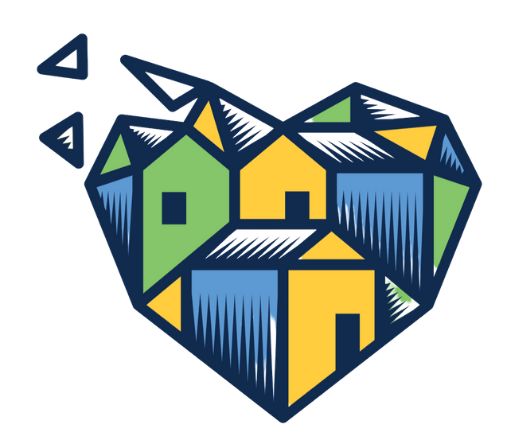
Richmond LAND, a community land trust, nonprofit, and development enterprise launched in 2019 through a collaboration between OBI and Richmond community leaders, made its first purchase in 2021 to stabilize a home and the tenants, a major milestone in the organization’s development. Since 2019, OBI has collaborated with Richmond LAND by supporting the development of it’s governance model and participatory arts and planning strategies, as well as through research to advance housing justice through collective ownership strategies in Richmond and throughout the Bay Area. Through this collaboration, the organization continues its work to build “a world where homegrown residents can mobilize to create, finance, control, and sustain affordable housing and community development projects that fulfill long standing community needs and aspirations.”
Tech x Belonging
Artificial intelligence (AI) and advanced digital technologies are impacting every facet of modern life: how people engage with one another online, how governments interact with citizens, how our workplaces and jobs evolve. In particular, the COVID-19 pandemic has illuminated how technology’s influence can present both immense opportunities and immediate threats to equity and public health. Algorithm-driven tools have been used to guide allocation of precious healthcare resources. Algorithm-shaped social media feeds, and the power and financial incentives of the technology companies that create them, shape how health misinformation spreads online. The Technology & Belonging project, led by our Network for Transformative Change program, is in pursuit of an inclusive, just and equitable society, all necessary components of a strong democracy and healthy communities.
This evolving work focuses on this expanding sphere of influence and power for those impacted by technology: from worker-organizers fighting back in the gig economy that tech giants created to abolitionists shaping our understanding of technology’s role in entrenching the policing and surveillance of the most marginalized. This focus on narrative and power-building endeavors builds on OBI’s work to advance interdisciplinary scholarship and support community-led organizing. Through this project, OBI is researching advanced technologies' promise and threat to move our world towards a place where all belong. We examine how technologies, the corporations that make money off of them, and governments that regulate and fund tech research & development shape our public, private, and marginalized spaces.
Read Tech X Belonging papers published in 2021:
Leaving Surveillance Tech Behind in Higher Education: Towards Trust and Abolition by Shea Swauger
... These technologies are carceral in that they were invented for and support policing and the prison industrial complex. When they start being used in the classroom—or in the case of remote education, the home—they become carceral pedagogies. Surveillance becomes a default response to any perceived issue because suspicion is the default assumption. Deviance is the main lens through which both suspected criminals and students are understood, and surveillance, control, and punishment become the most obvious tools to address them. This is the essence of remote test-proctoring software: distrust, surveillance, control, and punishment. ...
Policing Students Online: The Increasing Threat of School-Sanctioned Digital Surveillance by Jennifer Jones & Ana Nájera Mendoza
... The school surveillance methods enacted at the turn of the century—and the culture of fear and perceived threat of violence they represent—have only intensified in recent years, with online learning and students’ increasing use of digital devices presenting opportunities for Big Tech to push for the adoption of new surveillance technologies to track students’ every move. ... School closures in response to the COVID-19 pandemic presented yet another opportunity for the school surveillance industry to cash in. ...
Artist Circle on Climate Displacement
In an effort to address the narrative gap that exists around climate-forced displacement, we hosted six artists in a series of round-table discussions to help understand the role culturemakers can play in societal responses to climate displacement—and what researchers, organizers, lawyers and scientists might learn from them. This Artist Circle builds on prior OBI research that outlines the drivers, impacts, and legal pathways for addressing climate-forced displacement at a global scale and the legal status of climate refugees. A multimedia reflection of these discussions and original essays, interviews and videos from the artists will be released in 2022.
Watch the project trailer below and visit the project's home here. This project is part of our broader arts and cultural strategy initiative.
Fund Our Futures
Fund our Futures is a new cultural strategy project from OBI that aims to combat widespread government mistrust by strengthening government accountability. The project brings together artists and organizations in Merced (99Rootz), Delano (Loud for Tomorrow) and San Bernardino (Inland Congregations United for Change) to support civic engagement efforts related to local and federal funding initiatives. Building on our recent research that outlines best practices for increasing civic engagement and overcoming government mistrust, artists and organizers engaged in a week-long cultural and narrative strategy training before developing project ideas. The project is co-organized with Power CA.
Radical Imagination for Racial Justice
Combining cultural strategy and participatory action research to iterate visions for a radically just future is at the heart of a new collaboration with 10 community-based artists and organizations across the US. Towards this end, OBI’s Community Power and Policy Partnerships program (C3P) is funding, advising, and creating spaces for training and praxis. The first of the projects is an ongoing collaboration with Casa Pueblo in Adjuntas, Puerto Rico, whose project focuses on enhancing community governance of energy systems by using an SMS texting platform and community radio station as conduits for generating and amplifying community knowledge.
Belonging Corporate
In 2021, the launch of the Belonging Corporate work was initiated with the purpose of cultivating cross-sector bridges and partnerships with the corporate sector to codesign projects, tools and collective actions to meaningfully advance justice, equity and belonging. The initiative started with the CEOs Advancing Racial Equity & Belonging (CAREB) program in 2021, when OBI and PolicyLink began the design a program to bring together small, private forums of C-suite business leaders with global leaders in the racial equity and belonging movement (john powell, Angela Glover Blackwell, and Dr. Michael McAfee) in order to learn, innovate, and drive towards results-driven actions advancing racial equity and belonging. After an intensive discovery and design phase, the first cohort of CEOs gathered virtually in December 2021 and will continue through the end of 2022. Continued activities include meetings with additional c-suite execs; coaching and collaboration with CEOs; and collective actions chosen by the group.
The Belonging Corporate work aspires to share the foundational concepts of the institute, such as the othering and belonging frame and Targeted Universalism, and to spread their application and practices, engaging corporate leaders in the interrelationship between democracy, racial justice, and the economy.
Climate Refugees Database Project
A new major project was launched by our Global Justice Program (GJP) to proactively respond to the rise of climate-induced migration. Since the publication of "Climate Refugees: The Climate Crisis and Rights Denied" report in 2019, the GJP team set to develop an interactive online database to focus on the plight of climate-induced displaced persons, and support climate resilience and mitigation efforts around the globe.
The database would operate to investigate and demystify the dynamics of local and global forced migration that enable the displacement of millions of people around the globe who are now deprived of recognition, basic human rights, and belonging. The goals of the database are twofold. Firstly, the database will be used as an advocacy tool to recognize the rights and protections of climate-induced displaced persons as climate refugees through either the creation of a new international refugee convention, or through the amendment of the 1951 Refugee Convention. Secondly, to encourage governments, and international bodies to increase and direct funding toward predominantly frontline communities and developing nations’ real climate resilience initiatives and mitigation efforts.
The project aims to engage local communities, organizations, and civil society by way of uplifting their efforts, creating a hub that account for climate refugees, and identifying the gaps and/or misalignment of funding to a country’s identified needs to advance real climate resilience.
We anticipate publishing the project in late 2022.
Housing Justice in California
The ambitious work of the Equity Metrics team has been influential as local and state governments look to land and housing as a way to achieve equity. In California, research produced by OBI has informed at least two key policy programs:
- In February of this year, the Berkeley city council voted unanimously to end exclusionary zoning in the city, in a measure that was partially influenced by our research on the effects of single-family zoning in the Bay Area. In announcing the measure, city council member Lori Droste cited our extensive research on zoning, which shows how exclusionary zoning bolsters racial residential segregation. Learn more about these reforms here.
- The effect of our work continues to resonate across the state as well. For the fifth consecutive year, the California Tax Credit Allocation Committee (TCAC) approving the use of an opportunity map developed by the Othering & Belonging Institute and partners designed to guide the siting of affordable housing using a federal tax credit.
The adoption of the map for the fifth time demonstrates California’s commitment to using the federal tax credit to avoid the racial segregation and economic isolation of low-income families to the detriment of these families’ life outcomes. Read more about this initiative here.

